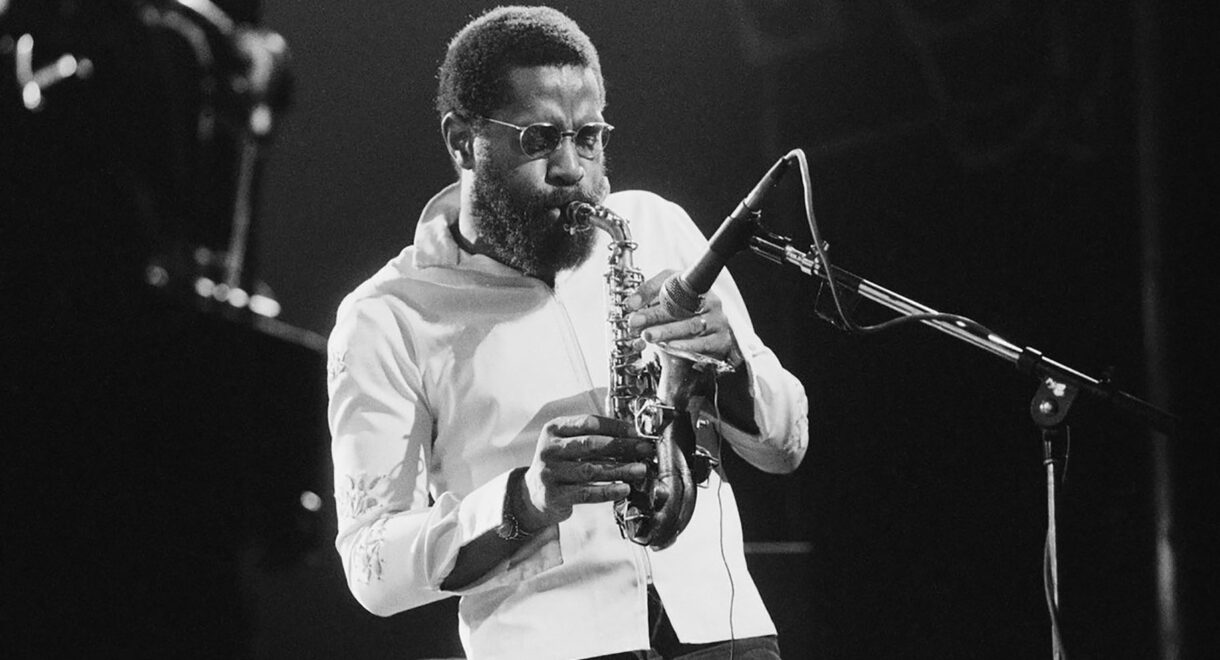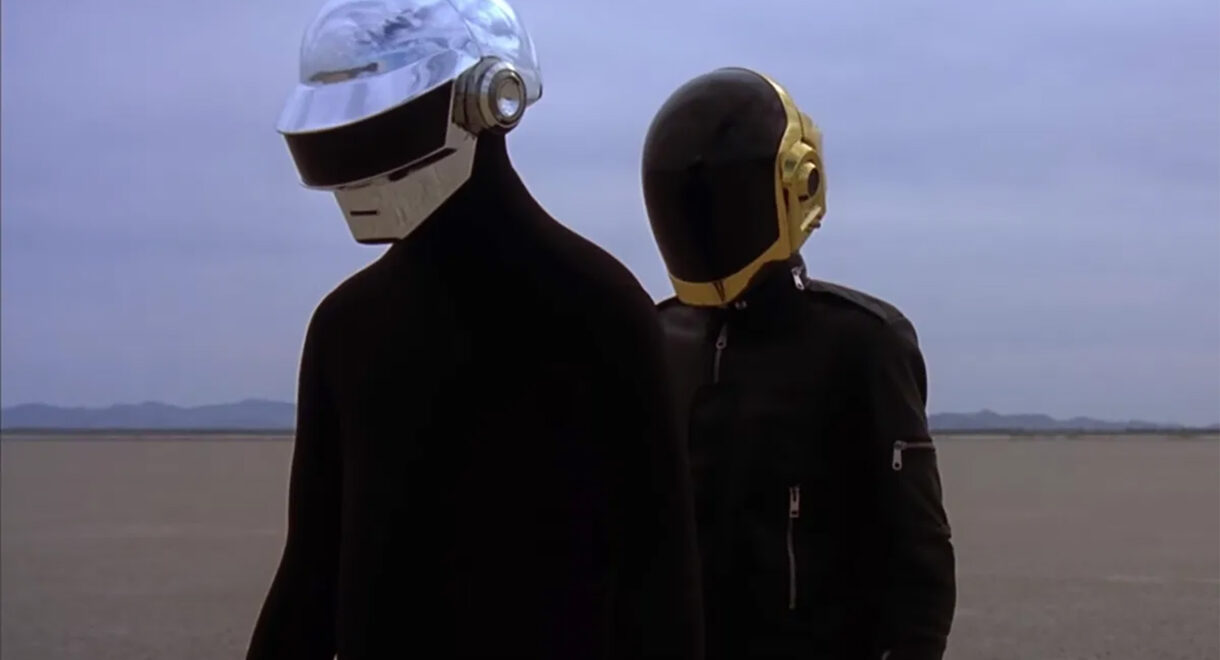Avant-comedy with Gavin Bryars, Brian Eno, Michael Nyman, and the Portsmouth Sinfonia. As record collectors, we’re often digging through the bins for the best in music. Who performed […]
Avant-Garde Vocalist Meredith Monk’s Haunting Film: Book of Days (1988)

Today we revisit the innovative vocalist’s haunting allegorical film – 1988’s Book of Days.
Those familiar with the work of vocalist Meredith Monk likely know her as the innovative artist who has stretched her vocal cords in striking new directions. However, the ambitious experimental singer who transformed Western vocal music also reimagined several artistic disciplines—often blending and blurring forms in exciting and experimental ways. During her five-plus decades as a composer and choreographer, she has staged dances that were operas, operas that were dances, and mythical theatre pieces that were somehow both.
After groundbreaking vocal works including 1971’s Key and 1973’s Our Lady Of Late, Monk made her first foray into feature-length film with a live taping of Quarry. Her opera in three movements was accompanied by a silent short film of the same name.
Staged with her legendary theatre company The House, in 1975-1976, the opera shares similar themes with her subsequent masterwork, Book. The filmed piece concentrates on World War ll, and meditates on the darkness plaguing our society that, even when overcome, is somehow recycled into our history. With Quarry, Monk touches on the themes she would revisit in her own work — war, cruelty, intolerance, fascism, all viewed from the first-hand experience of a dying girl.
Considered to be one of the great stage acts of the 20th century, Monk spent more than a decade to work on her next project. In 1988 Monk took her first stab at a proper “narrative” film (albeit the way only she could).
Book of Days is an experimental hybrid of medieval musical theatre, avant-garde choreography, and performance art, with a Bergman-esque pseudo-documentary feel that’s soundtracked by Monk and a twelve-voice ensemble. The haunting film tells the story of a young girl named Eva living in a Jewish community during the middle ages, an enclave that evokes raw stillness, a time before machines and the abrasive noise and speediness of modern-day. Eva begins to have prophetic visions of 20th-century technology and society that prompt her to draw strange objects on the walls. First a TV set, then a plane, then a gun.
A plague strikes the village and leads to a war between the Christian and Jewish communities — and the fight is over who’s to blame for a sudden pandemic. (Sound familiar?) A meditation on silence that’s constantly intruded by madness, it captures the essential joy and suffering of human nature.

For a proper film synopsis, Monk’s website explains the film: “Book of Days is a film about time, originally drawing parallels between the Middle Ages, a time of war, plague, and fear of the Apocalypse, with modern times of racial and religious conflict, the AIDS epidemic, and fear of nuclear annihilation. In light of the current pandemic of 2020, the cyclical nature of such phenomenon has made itself known once more. While the film provides no answers, it nevertheless is a tribute to vision and the imagination, and a poetic incantation of that which connects us.”
Music from the film was released on ECM that same year and stands as a bonafide masterpiece on its own. Monk integrates a similarly striking vocal stillness, composing a spatial soundtrack of primarily modal monophonic melodies that reference Jewish and Gregorian sacred songs. The result is a collection of profoundly moving recordings, epic and full of drama, that manages to combine the authentic 14th-century music with her revolutionary vocal innovations. Truly a transcendent work both in sound and form, only a pioneering experimentalist like Meredith could pull off.
Watch a clip below and stream the entire film here:
https://vimeo.com/ondemand/bookofdays










